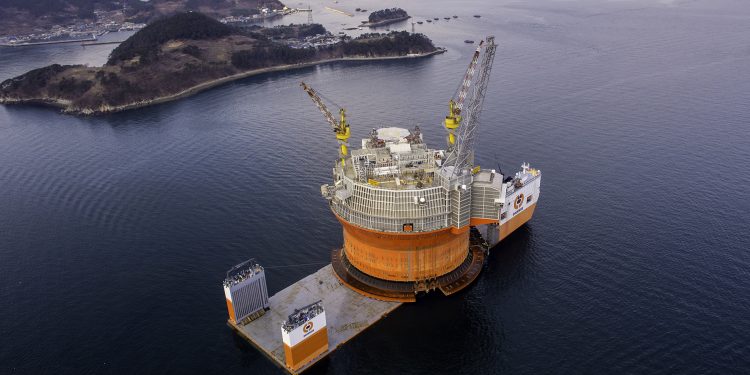Oil and Gas Production on the Norwegian shelf Will Peak in 2025
Norwegian companies need to step up exploration and improve production efficiency in order to avoid a drop in oil and gas production after 2025, the Norwegian Offshore Directorate believes.
Oil and gas production on the Norwegian continental shelf will reach a maximum in 2025, and then it is expected to decrease, according to a report by the Norwegian Offshore Directorate (NOD), the state regulator of offshore production in Norway. To avoid a fall, energy companies should invest more in exploration and production intensification, including in existing fields, according to the report, which is referenced by Bloomberg.
In the baseline scenario, presented by NOD, over the period 2025-2050, offshore production will decrease from 243 million cubic meters of oil equivalent to about 83 million cubic meters of oil equivalent. This is despite the fact that the baseline scenario takes into account the limited amounts of exploration in the North and Norwegian Seas.
Oil and gas production brings about 20% of GDP and 44% of Norway‘s exports, but its prospects do not please the regulator: the difference between pessimistic and optimistic scenarios for the development of offshore production is about 15 trillion kronor ($1.4 trillion).
At the same time, the NOD assessment indicates that more than half of the country’s oil and gas resources have not been discovered, and 60% of this half is located in poorly explored areas of the Barents Sea.
The regulator suggests that oil companies turn their views there, as well as increase the efficiency of hydrocarbon extraction and introduce new technologies where production is already underway, so that the decline after 2025 will not be so sharp.
In addition, the regulator sees the need to “green up“ oil and gas production by reducing emissions, including through energy supply to offshore platforms from existing wind farms and hydroelectric power plants using underwater power cables, as well as the introduction of technologies for CO2 capture and storage.
Oil and gas production in Norway is important not only for the country‘s budget, but also for its neighbors in the European Union, especially for gas, especially after the withdrawal of most of the volumes of Russian natural gas from the market, Bloomberg notes.











